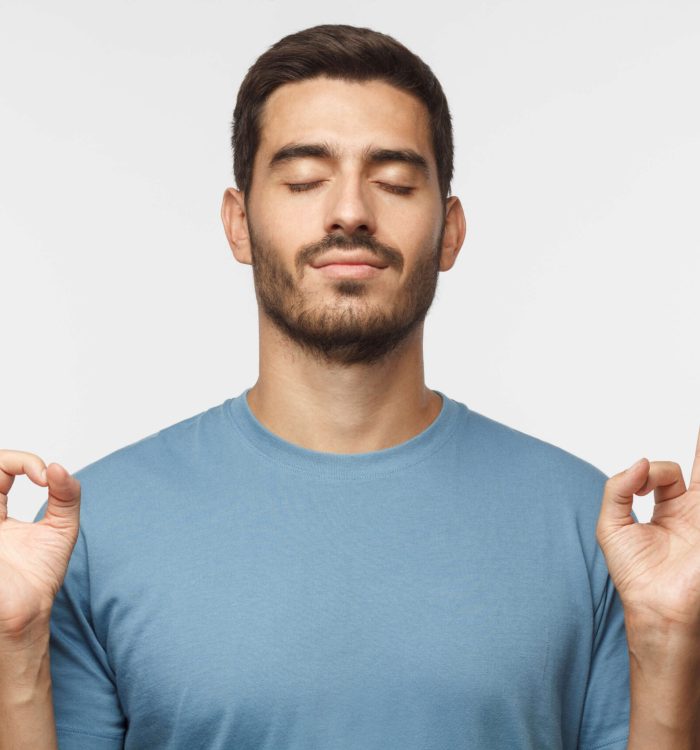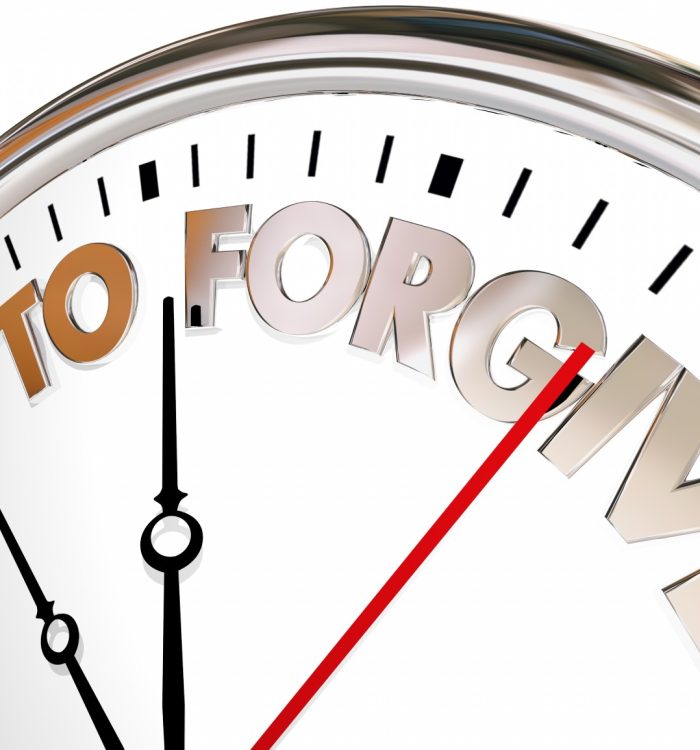Life throws punches, doesn’t it? Sometimes those punches come from others – a friend who betrayed us, a family member who hurt us deeply, a boss who did us wrong. And sometimes, the toughest punches come from within – the guilt, the shame, the relentless replay of our own mistakes. For us men, especially, there’s often this unspoken pressure to “tough it out,” to bottle things up, to never show weakness. But what if I told you that one of the strongest, most liberating acts a man can undertake is also one of the most misunderstood? I’m talking about forgiveness.
Now, before you roll your eyes and think this is some soft, touchy-feely nonsense, hear me out. Forgiveness isn’t about letting someone off the hook. It’s not about condoning bad behavior. And it certainly isn’t about forgetting what happened. True forgiveness, the kind that brings genuine peace, is about you. It’s about releasing yourself from the heavy chains of resentment, anger, and bitterness that are dragging you down.
Think about it. When we hold onto a grudge, when we refuse to forgive someone who wronged us, who truly suffers? Sure, the other person might be oblivious, living their life. But you? You’re the one stewing, replaying the scenario, feeling that knot of anger tighten in your gut. That anger, left unchecked, can fester into a toxic stew of resentment, leading straight to depression, anxiety, and a general feeling of unease. It steals your joy, clouds your judgment, and can even mess with your physical health. We talk a lot about fighting the good fight, but sometimes, the biggest fight is against the poison we carry inside.
And what about forgiving ourselves? This one hits home for a lot of us. We’ve all messed up. We’ve all made choices we regret, said things we wish we could take back, or missed opportunities we kick ourselves over. The internal monologue can be brutal, can’t it? “How could I have been so stupid?” “I should have known better.” This self-blame, this inability to forgive our own imperfections, is just as corrosive as holding onto anger towards others. It can lead to a paralyzing sense of inadequacy, pushing us further into isolation and despair.
So, how do we do it? How do we embrace forgiveness, both for others and ourselves? It’s not a switch you flip. It’s a process, often a tough one, but incredibly rewarding.
First, acknowledge the pain. Don’t try to intellectualize it away or pretend it didn’t hurt. It did. Let yourself feel the anger, the sadness, the frustration. This isn’t weakness; it’s honesty.
Second, understand that forgiveness is a choice. You are choosing to release yourself from the burden. It’s an act of self-care, a powerful decision to prioritize your own well-being over the desire for revenge or perpetual grievance. It doesn’t mean you have to reconcile with the person who hurt you, or even tell them you’ve forgiven them. It’s an internal shift.
Third, for self-forgiveness, recognize that you are human. We all make mistakes. Learn from them, yes, but don’t let them define you. Offer yourself the same compassion you’d offer a good friend who messed up. Understand that your past actions don’t dictate your worth today.
Finally, consider the freedom it brings. Imagine shedding that heavy backpack filled with years of resentment and self-reproach. Think about the energy you’ll reclaim, the mental space you’ll free up for more positive things. When you forgive, you’re not just letting go of anger; you’re opening the door to peace, to genuine connection, and to a deeper understanding of yourself and the world around you.
Learning to forgive is one of life’s greatest lessons, and it’s a journey every one of us needs to embark on. It’s not always easy, but the value it brings – the unburdening, the release from anger and depression, the profound sense of peace – is immeasurable. It’s a testament to real strength, the kind that allows you to move forward, to truly live, and to be a man at peace.





